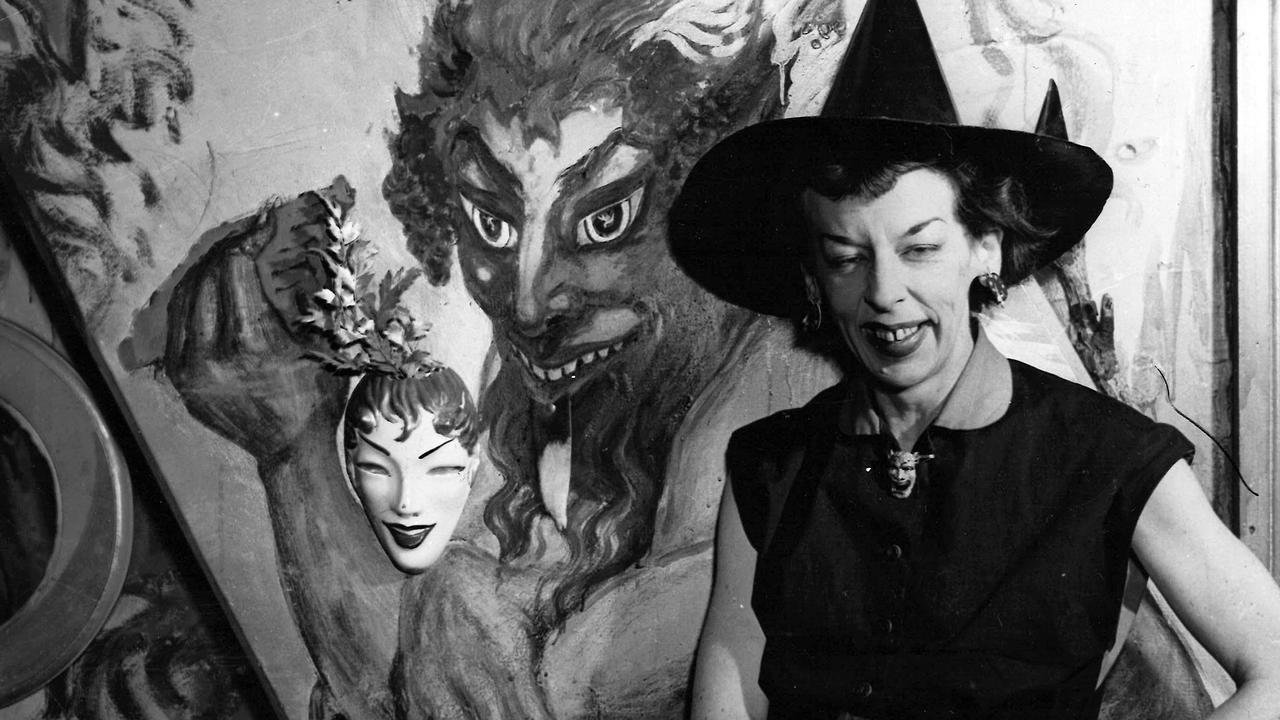The unexpected WWII love story that changed the course of history
Young Aussie soldier Gordon Parker and Hiroshima bombing survivor Cherry fell head over heels in love in post-war Japan but their romance was forbidden. Read their incredible story.

In Black and White
Don't miss out on the headlines from In Black and White. Followed categories will be added to My News.
It was an unconventional love story – the Hiroshima bombing survivor and the Aussie soldier hellbent on destroying the Japanese.
Their journey began with a forbidden romance in post-war Japan, and ended with a long and happy marriage in Melbourne’s eastern suburbs.
Nobuko “Cherry” Sakuramoto became the first Japanese war bride allowed to enter Australia after her husband Gordon Parker waged a years-long fight against the federal government.
The tale is told in the latest episode of the free In Black and White podcast on Australia’s forgotten characters:
The extraordinary love story has been brought to life in a new historical fiction novel called At the Foot of the Cherry Tree, by the couple’s granddaughter, Alli Parker.
On August 6, 1945, Cherry, 15, was eating breakfast with her mother in their home in Hiroshima when the American B-29 bomber Enola Gay dropped the atomic bomb.
“There was a massive explosion and a big flash of light, and everything went black and my grandmother was stuck,” Ms Parker says.
“The entire city was just burning and destroyed.”
Cherry’s mother was killed in the blast.


As for Parker, he had been so keen to fight the Japanese he had enlisted the day he turned 18 in July 1945 as his birthday present from his family, but Japan surrendered weeks later.
So he joined the occupation force in Japan, hopeful of residual fighting.
Parker met Cherry on his first day at the army base, where she was working, despite her fear of Allied soldiers.
“She believes all the war propaganda she has been told about the Western soldiers,” Ms Parker says.
“And he rushes into his room to dump his pack, and she’s cleaning the floor.
“He’s apologetic and she’s terrified … and then she runs out of the room.”


Despite the inauspicious beginning and strict anti-fraternisation rules, the pair became friends, then fell in love and wed in secret.
“She got dressed up in a beautiful kimono and he wore his army uniform … but they also had to evade the military police who were cracking down on these marriages,” Ms Parker says.


Both faced opposition from their families and communities.
Parker finally won the fight to bring Cherry and their two children to Australia in 1952 after the government overturned the ban.


The couple settled in Ringwood, raised eight children and were married for 62 years.
“I think to find the person that loves you enough to go up against an entire government on your behalf is pretty incredible,” Ms Parker says.
“It’s really special to have seen that relationship play out.”
To find out more, listen to the interview in the free In Black and White podcast on Apple Podcasts, Spotify or web.
See In Black & White in the Herald Sun newspaper every Friday for more stories and photos from Victoria’s past.


